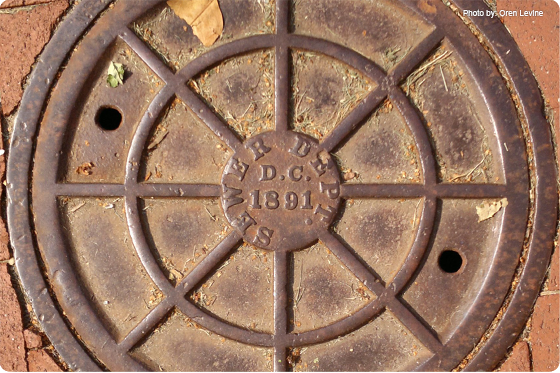
The twenty-one plaintiffs in the case of Miller v. D.C. Water and Sewer Authority are D.C. residents who had what a federal judge called “the distinct misfortune” of living on Delafield Place in November of 2016. At that time, the basements of each of the plaintiffs’ single-family homes were filled with more than two feet of raw sewage, including industrial and commercial waste. Plaintiffs described the eruption of sewage from their basement toilets as “overwhelming,” “nauseating,” and “terrifying.”
The D.C. Water and Sewer Authority (WASA), which had been attempting to perform maintenance work on its sewer system days before the November 18th failure, hired remediation companies to clean up the mess and mitigate the damage, but, according to the plaintiffs, the clean up crews only exacerbated the problem by tracking sewage into other parts of the houses, disposing of plaintiffs’ personal items, and exposing asbestos by removing tiling in the basements.
The plaintiffs brought ten total claims against WASA and the remediation companies (defendants) in the Federal District Court for the District of Columbia. The court grouped the plaintiffs’ claims into three categories: violation of federal environmental statute claims, civil rights claims, and negligence claims. The defendants then filed a motion to dismiss the action.
On October 2, 2018, the court found no merit in the environmental statute claims because the plaintiffs did not meet the procedural requirements of the environmental statutes and because sewage is not a “hazardous waste” under federal law. The court also granted the defendants’ motion to dismiss the federal civil rights violations, because the plaintiffs did not establish that the defendants acted under custom or policy of state law or that there was discriminatory intent. In dismissing the plaintiffs’ federal question claims, the court was recused from exercising supplemental subject matter jurisdiction over the negligence claims, which are normally heard by the local court. On November 2, 2018, the plaintiffs filed a timely appeal to the D.C. Circuit Court, although no future hearing dates have been set. Read more about Miller v. D.C. Water and Sewer Authority in the January 2019 issue of Sand Bar.












